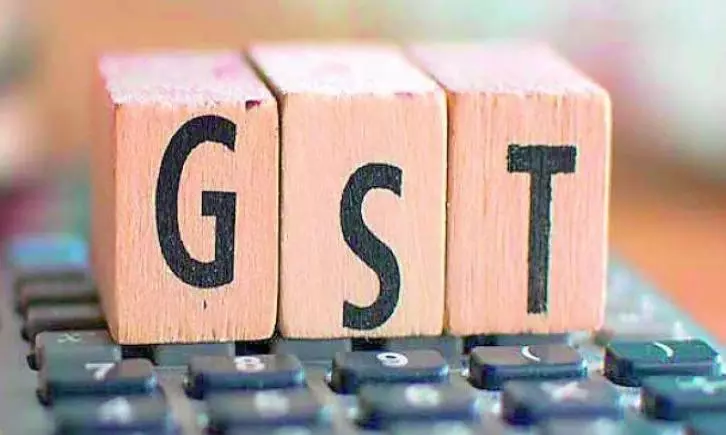Businesses Seek Higher GST Limit for Small Players

HYDERABAD: The business community sought raising of the GST registration threshold in the state from Rs 20 to Rs 40 lakhs in line with many other states, allowing small businesses to sell goods at lower prices without GST.
In an interactive meeting on Goods and Services Tax (GST) organised by FTCCI, which was attended by commissioners from the state and central wings, Suresh Kumar Singhal, the president of Federation of Telangana Chambers of Commerce and Industry (FTCCI) said several representations were made to the previous government on increasing the GST threshold.
In attendance were Ali Murtuza Rizvi, principal secretary, commercial taxes from State and Sandeep Prakash, IRS, principal chief commissioner from the Central GST wing.
The association also flagged the issue of burden of reverse charge mechanism (RCM) under GST that would be imposed on businesses. The introduction of the reverse charge mechanism involves changing the onus on payment of GST on the buyer from the seller in case of goods. In case of rented premises from the building owner to the tenant thereby reversing the burden.
This, the government believes, will increase its revenue as the burden of paying 18 percent GST on rent on commercial premises will be passed on to the consumers.
Explaining the issue, V. Maheedhar, treasurer, IT Corridor Hostels Association, said, “We will be forced to pass on the 18 per cent GST being imposed on rent. This will be implemented from November. After our recent representations, the Centre exempted hostels charging less than Rs 20,000 per month from the purview of 12 per cent tax which was introduced in July 2022. We are facing a higher bracket tax of 18 per cent from 12 per cent earlier through other means.”
This will burden students, job aspirants and new employees who are our customers. There are 3,500 hostels in the IT corridor area. The city has around 10,000 hostels, he added.
Abhishek Vijayvargiya, representing the Hyderabad Kirana Merchants Association, flagged unrest being felt as they are receiving calls from the GST department every month.
Flagging their concern of the industry, P. Vineel, the vice-president of Hyderabad Goods Transporters Association, said, “80 percent of the operations are run by the small players who own less than 10 trucks. The transport industry is moving towards consolidation. This is happening because of compliance requirements and taxation after GST. While earlier rules used to be made six months or a year but now changes are being made via circulars whenever the GST Council meets. The rules are good but implementation is a problem.”
The majority of the big players are under the forward charge mechanism under which they are allowed to take input tax credit for expenses like GST on tyres, retreading of tyres, vehicle servicing and vehicle purchase. They can deduct input tax credit from the 12 per cent GST received from the customer and pay the rest to the government.
On taxpayers being called regularly every month reminding them to file returns, and reversal of ITC (Input Tax Credit) raised by Kirana Merchants Association, Sandeep Prakash, IRS, principal chief commissioner from the Central GST wing, said that it is good to get reminders. “They are helping you with compliance. You should appreciate their efforts. The officers are doing their job and they will continue to do their job,” he added.
On detention of transport vehicles by the tax authorities without any valid reasons for three days especially in border areas which was causing financial loss to the industry, both the state and central GST officers responded positively and their problems will be looked into.
Spinning mills association said they are purchasing raw material and capital goods at a higher rate of GST but sales of textile goods are done at lower rate of GST. This is putting pressure on their cash flows as they are not getting refunds on time and are unable to utilise GST credit on capital goods. This they said is making textile business unviable and many entrepreneurs are being driven out of business.

